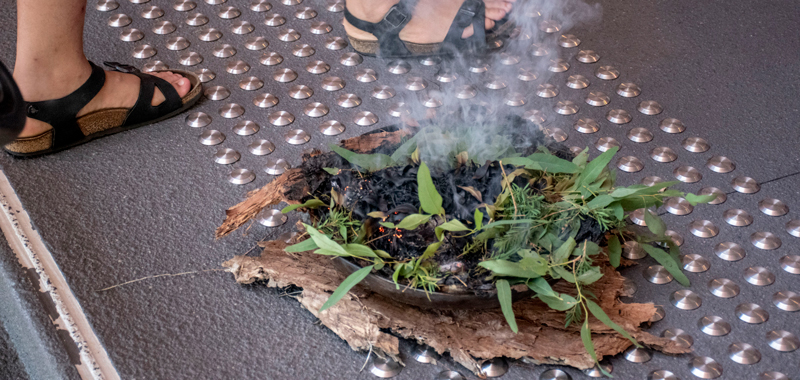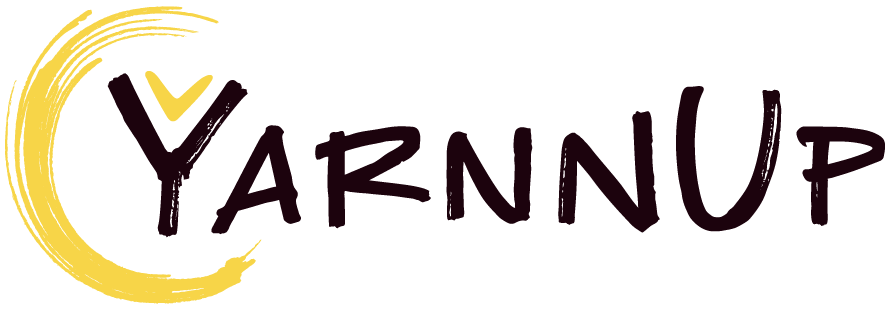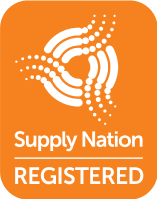An Acknowledgement of Country can be a way of showing awareness of, and respect for, the Traditional Custodians of the land upon which a meeting or event is to take place. Its purpose is to recognise the continuing connection of Aboriginal people to Country, and is commonly delivered by both Indigenous and non-Indigenous peoples.
It is a practice that is commonly conducted at meetings or events. Acknowledgments are not required for all meetings and nor are they essential to virtual (Teams/Zoom) meetings. Certainly not for multiple internal meetings. It is not mandated. It is fine if one speaker would like to do an Acknowledgement, especially if the meeting is a major one and people from outside the organisation are being welcomed. In such cases being mindful of the Indigenous history is especially important. But one acknowledgment is sufficient. One protocol often overlooked is that once an acknowledgment or welcome is performed, it is not necessary for every single speaker to continue to acknowledge.
It should be noted that Acknowledgment of Country is not a universally accepted practice among the Indigenous community. The practice has been criticised for its perfunctory nature and for distracting from more meaningful forms of recognition. That is one reason why it is not recommended that Acknowledgements of Country be mandated or performed as part of a standardised meeting practice.
We must be respectful of Indigenous concerns about token gestures, empty rhetoric and performative aspects of acknowledgments given Australia has failed to address unfinished business, implement the Uluru Statement from the Heart, or contemplate treaties or reparations. Do not add any other issues to an acknowledgment such as BLM or EDI. That is disrespectful.

Welcome to Country
A Welcome to Country is different to an Acknowledgement of Country. A Welcome to Country is a ceremony performed by a local Aboriginal person of significance (usually an Elder) to acknowledge and give consent to events taking place on their traditional lands. It is also a sign of respect and protocol which dates back to traditional times prior to colonisation. This distinctive difference has important cultural significance for Aboriginal peoples and should be observed carefully.
Negotiating a Welcome to Country
Negotiating a Welcome to Country may take longer than anticipated. It is therefore important that the appropriate Aboriginal representative organisation has been contacted by telephone well in advance of the event. This should be followed up with a formal letter of invitation. All arrangements thereafter for a Welcome to Country should be mutually negotiated between the Local Aboriginal Land Council (or relevant Aboriginal Incorporated organisation), the Elder who has been selected to carry out the welcome, and the organisation.
It is also important that Aboriginal representatives involved in the negotiations are comfortable with the suggested arrangements. This may include a negotiation of the format of the ceremony, who has been invited and what type of ‘Welcome to Country’ is to be held. It is vitally important that the Elder performing the Welcome to Country ceremony is introduced and acknowledged in a culturally appropriate manner, and that they are recognised for their time and commitment. Performing a Welcome to Country or engaging Aboriginal and/or Torres Strait Islander dancers is not a free service and prices can vary depending on the type of welcome required.
If you would like to organise a Welcome to Country ceremony you should contact the Land Council relevant to the event location.



